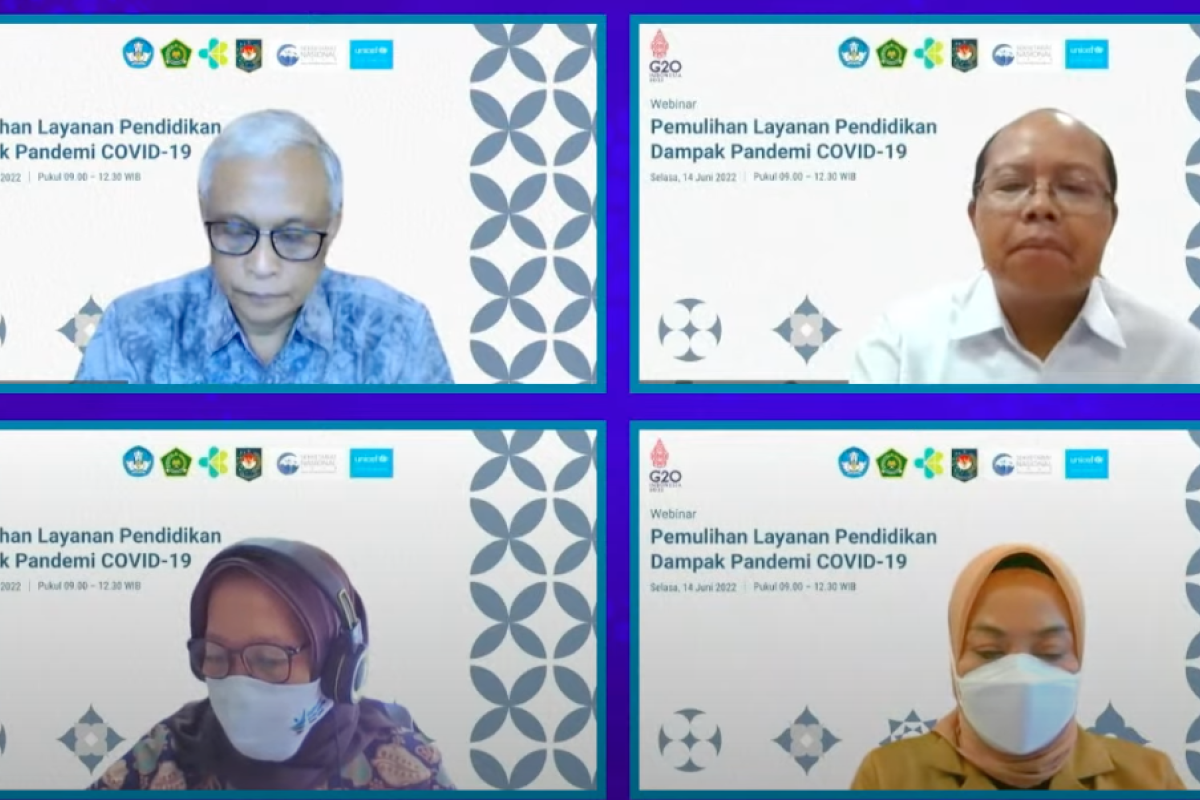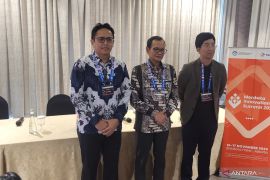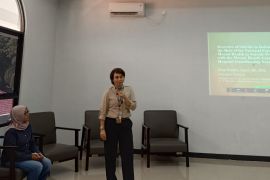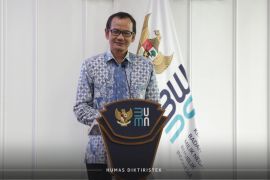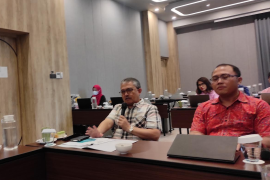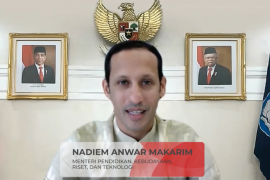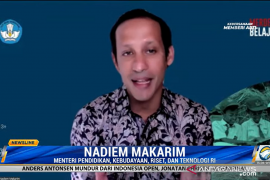"Currently, the pandemic has yet (to become) endemic, therefore, we must be careful in conducting learning," director general of early childhood, primary, and secondary education at the ministry, Jumeri, said at a webinar, which was accessed from here on Tuesday.
This caution is not only to maintain the health of students, but also to prevent learning loss. Research has shown that the pandemic has caused learning losses and increased learning gaps.
Prior to the COVID-19 pandemic, one year's learning progress was recorded at 129 points for literacy and 78 points for numeracy. However, after the pandemic, the learning progress in the first grade fell significantly.
"Each region varies on the learning loss rate, depending on (things such as) parental assistance to the availability of Internet access," Jumeri said.
The government has made a number of efforts to offer education services again, including by issuing six joint decrees, which have taken COVID dynamics into account, he added.
Under the latest decree issued in April, some policies have been imposed by the government to fully encourage face-to-face learning under the implementation of strict health protocols.
The general framework of the learning policy covers support for face-to-face learning at full capacity, the implementation of a curriculum to support the learning method reimplementation, national assessments, profiles, education report cards, and data-based planning.
Moreover, it also promotes the use of educational technology for learning and encourages the improvement of students' psychosocial conditions to make them more ready to participate in the learning process.
According to head of the Education Unit of UNICEF Indonesia, Katheryn Bennett, since 2020, the UNICEF has been collaborating with the Education, Culture, Research, and Technology Ministry, Health Ministry, and other ministries and agencies to support efforts to conduct learning as before, as well as create a safe, comfortable, and fun learning system for children.
“More than 500 thousand schools and madrasas have had to implement distance learning since early March 2020 and have affected 60 million students. The challenges of implementing distance learning have prevented many children from pursuing their education. Many people are worried about this condition, including children and parents," Bennett said.
She urged all stakeholders to take measures to help children return to school so that they can benefit from face-to-face learning.
Related news: Jakarta supervises implementation of limited offline schooling
Related news: Full offline schooling continues with stringent monitoring: Official
Translator: Indriani, Mecca Yumna
Editor: Rahmad Nasution
Copyright © ANTARA 2022
